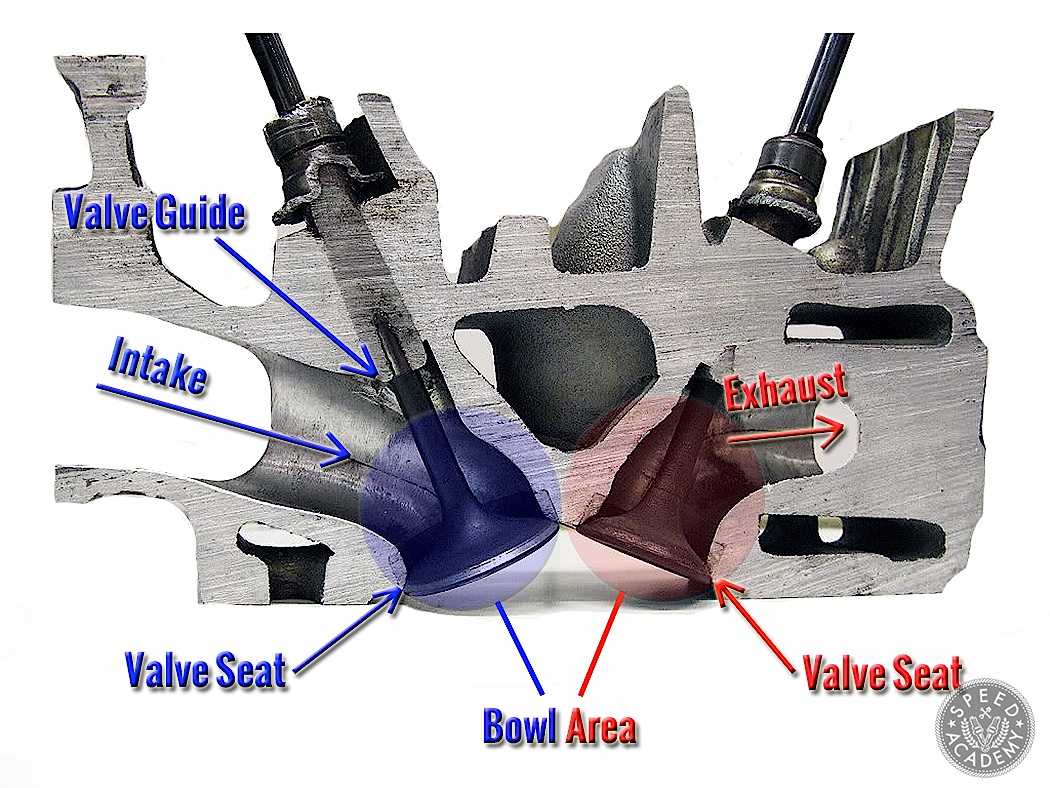


Eligibility criteria included a diagnosis of unfavorable CUP after mandatory examinations, including pathological evaluation by immunohistochemistry, chest-abdomen-pelvis computed tomography scans, and a positron emission tomography scan. Objective To assess the clinical use of site-specific treatment, including molecularly targeted therapy based on NGS results, for patients with CUP.ĭesign, Setting, and Participants This phase 2 clinical trial was conducted at 19 institutions in Japan and enrolled 111 previously untreated patients with the unfavorable subset of CUP between March 2015 and January 2018, with 97 patients being included in the efficacy analysis. Importance Although profiling of gene expression and gene alterations by next-generation sequencing (NGS) to predict the primary tumor site and guide molecularly targeted therapy might be expected to improve clinical outcomes for cancer of unknown primary site (CUP), to our knowledge, no clinical trial has previously evaluated this approach. Shared Decision Making and Communication.Scientific Discovery and the Future of Medicine.Health Care Economics, Insurance, Payment.Clinical Implications of Basic Neuroscience.Challenges in Clinical Electrocardiography.


 0 kommentar(er)
0 kommentar(er)
